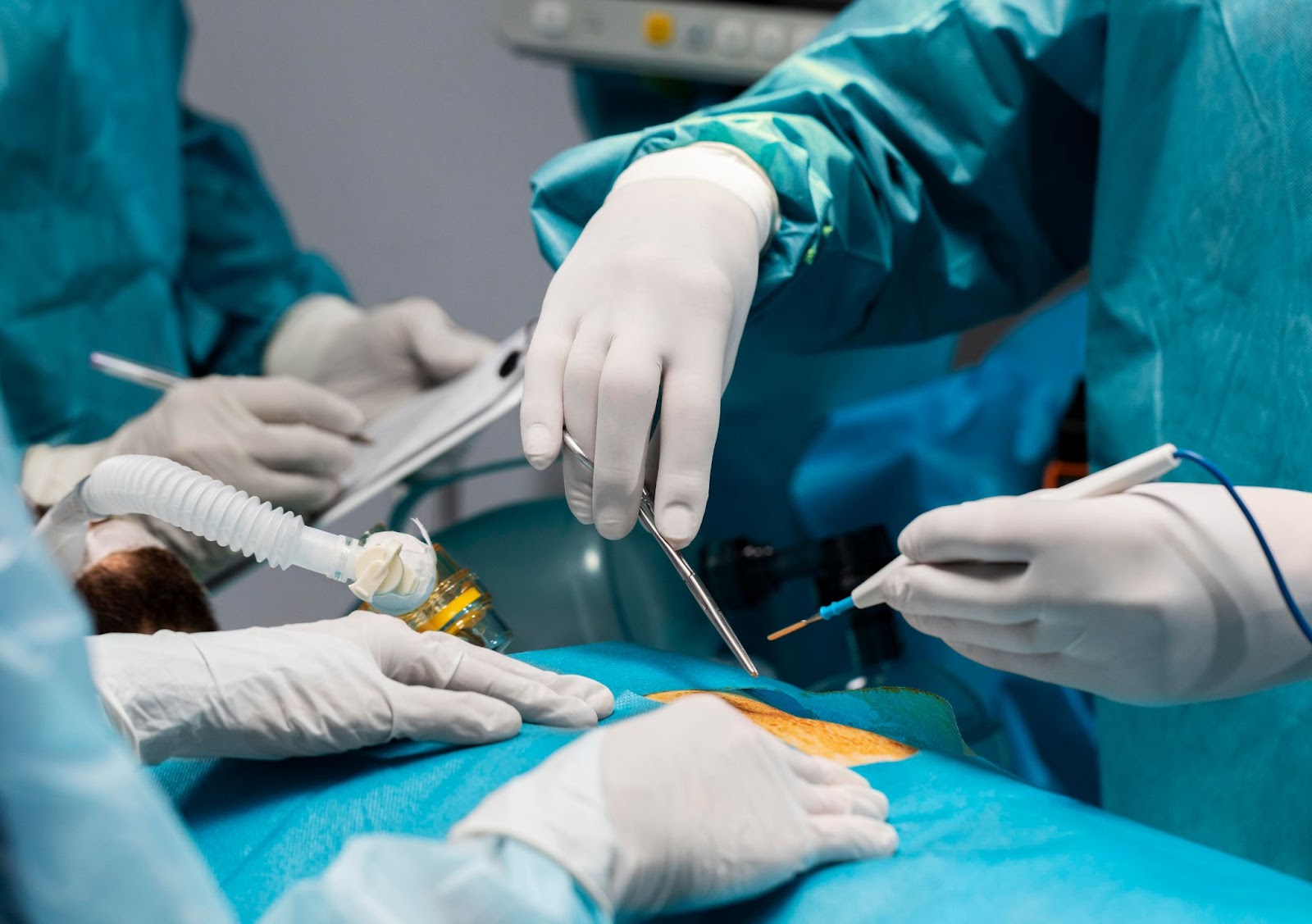
6 Dos & Don’ts After Laparoscopy: A Comprehensive Guide
Welcome to our informative blog on the dos and don’ts after laparoscopy, a minimally invasive surgical procedure that offers numerous benefits compared to traditional open

Welcome to our informative blog on the dos and don’ts after laparoscopy, a minimally invasive surgical procedure that offers numerous benefits compared to traditional open

Are you experiencing persistent lower back pain and wondering, “Is lower back pain a sign of colorectal or colon cancer?” Although it might feel disconcerting,

The task can be daunting and potentially stressful when discerning between IBS and colon cancer. It’s crucial to remember that these two conditions are fundamentally

A colonoscopy, a medical procedure that allows doctors to inspect the large intestine for signs of colorectal cancer and other conditions, can be a life-saving

A colonoscopy, which serves as an essential method for colon cancer screening, can be an intimidating prospect for many. A question you may ask is,

When you’re experiencing persistent upper abdominal pain or unexplained weight loss, a gastroscopy might be necessary to diagnose your stomach problems. A gastroscopy procedure is

Gastroscopy, or upper gastrointestinal endoscopy or upper GI endoscopy, is a widely-used diagnostic procedure to examine the upper part of the gastrointestinal (GI) tract. We’ll

Appendicitis is when the appendix, a small pouch attached to the large intestine, becomes inflamed and infected. The condition is characterised by acute abdominal pain,

Usually, appendicitis starts with a pain in the middle of your stomach that comes and goes. Within hours, the pain moves to your lower right

Can stress cause appendicitis? Stress is known to affect the digest tract. Many gastrointestinal diseases, like Irritable Bowel Syndrome (IBS) and dyspepsia, are caused by

Colorectal cancer is the most commonly diagnosed cancer and can be found in the colon or rectum. The colon is the largest part of the

Reducing intraoperative surgery pain is the main goal of minimally invasive surgery. And, with more than 5.25 million in the world suffering from colorectal cancer,